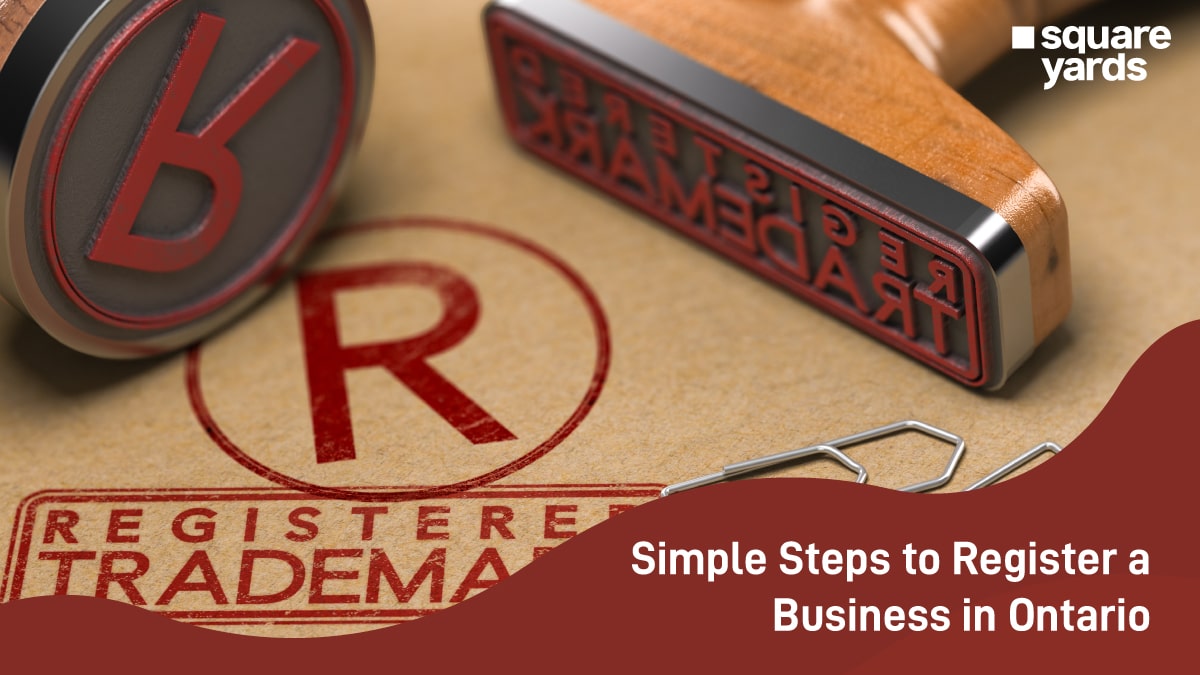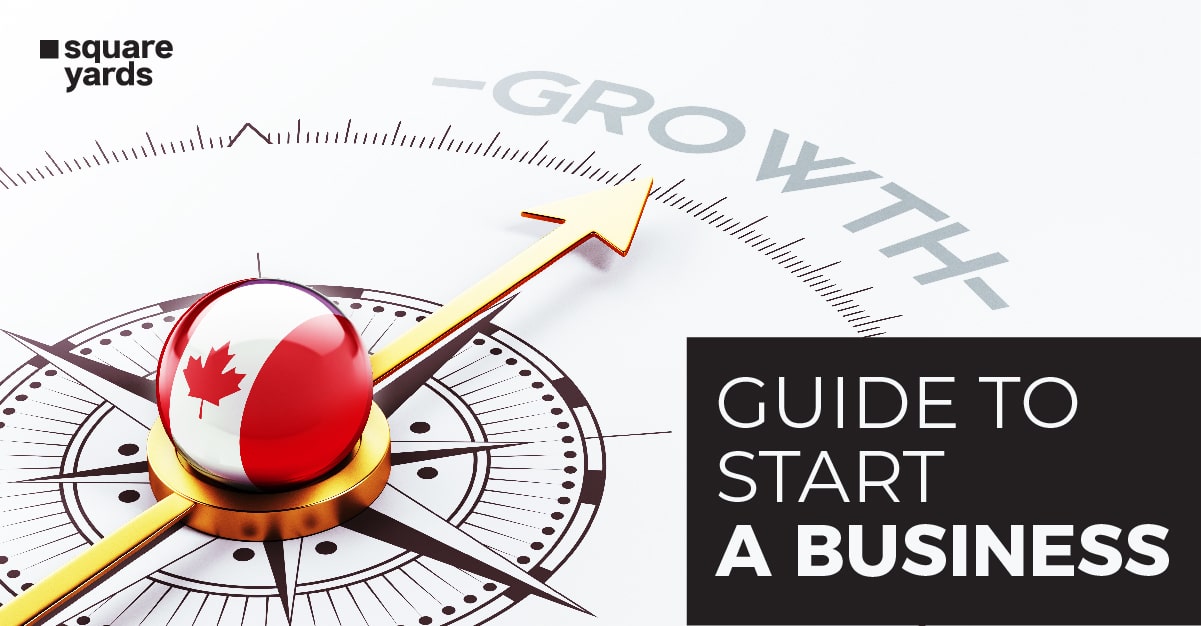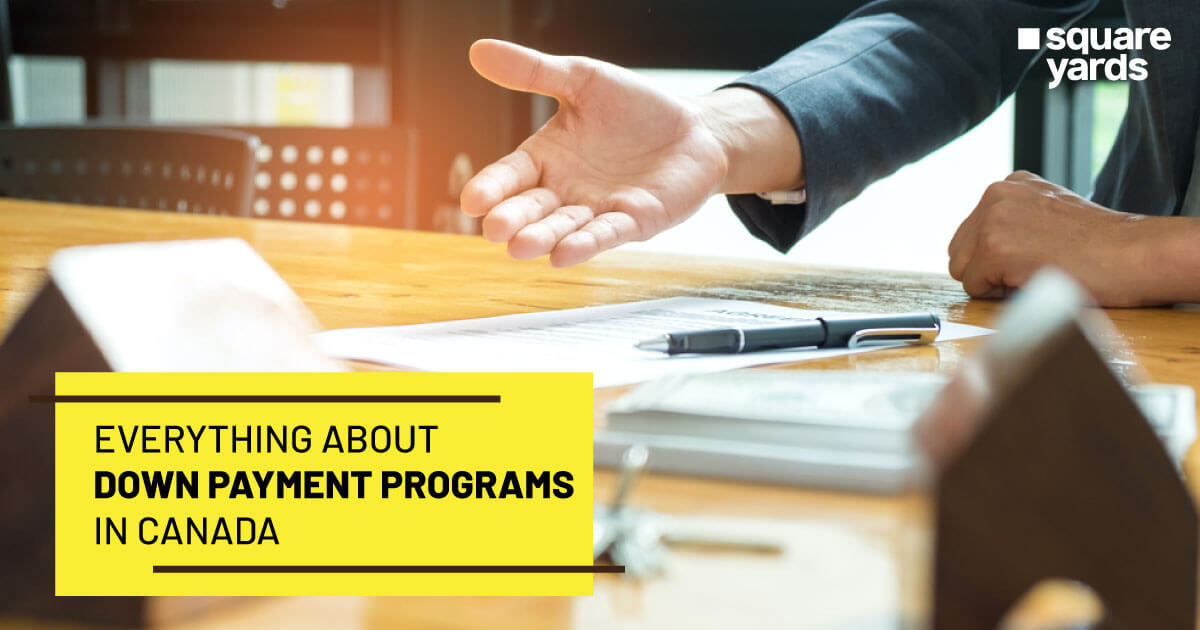Running a small business can be tough, especially when dealing with taxes. But with the right knowledge and strategies, you can make the most of your tax situation and save money. The blog features easy-to-understand tips, expert insights, and practical advice to help small business owners with small business tax deductions get the most out of tax season.
Overview
Running a small business means wearing many hats. Tax season shouldn’t make things harder. It’s best to seek professional advice as soon as possible, but even paying attention to details at the last minute can lower your tax bill. Understand the commonly overlooked small business tax deductions you can still claim.
The blog covers everything from deductions and credits to keeping your records organised and planning your taxes effectively. Whether you’re a solopreneur, freelancer, or small business owner with a team, we aim to provide the tools and knowledge to handle taxes confidently and easily. Check out these tips for small business tax write-offs, and consider consulting a tax accountant to help with your small business tax prep.
Industry-Specific Write-Offs
Standard office supplies like paper and pens are clear write-offs, but industry-specific costs could yield some of the best small business tax deductions:
Crafts and Trades
Depending on how they are used in your business, hand tools, power tools, speciality machinery, and even safety equipment may all be deductible.
Tech-Related Companies
This includes powerful computers, specialised software, networking equipment, and even cloud-based services.
Artists
Potential claimables include expensive cameras, studio lighting, audio gear, specialised editing software, and supplies for art and design.
Subscriptions and Software: Niche is Commonly Deductible
Subscriptions and purchasing of software for the use of business are some profitable small business write-offs:
Programmes Tailored to Specific Industries
Customer relationship management (CRM) solutions, accounting suites that go beyond the basic versions, design software, and specialised project management platforms.
Databases for Research
It may cost money to gain access to specialised industry publications, research journals, or subscription-based market data.
Online Certification Programmes and Courses
Ongoing education is beneficial. Industry certifications, skill upgrading courses, and webinars are frequently tax deductible.
Memberships and Obligations: Networking and Access to Expertise
Memberships and social associations which contribute to your business are also prospective small business tax deductions:
Trade Federations
Fees for organisations that are relevant to your field may be deductible and may provide useful resources.
Expert Associations
Claiming membership in organisations that offer accreditation, industry updates, or ongoing education is possible.
Social Clubs
There may be some membership costs if they concentrate on lead generation and business development.
Do Not Miss out on the “Wear and Tear”
Use of equipment and uniforms can be successfully added to the “wear and tear” for small businesses tax deductions:
Wearing specialised clothing and uniforms
Costs are frequently deducted if your profession necessitates wearing apparel other than standard workwear, such as protection gear or branded t-shirts.
Maintenance and Repairs for Equipment
Maintaining the best condition of your instruments is essential for business. Add to your deductions the expense of routine maintenance.
Digital Footprint

Spending on digital marketing like websites, content marketing and SEO and social media campaigns can also be used by small businesses for tax deductions:
Updates and Design of Websites
A polished, expertly designed website is beneficial to a company. Costs for development and upkeep are frequently deductible.
Content Marketing and SEO
Putting money into SEO and producing high-quality blog material increases exposure and is refundable.
Campaigns on Social Media
Your deduction approach may include influencer partnerships, boosted posts, and targeted advertisements.
Classical Tactics
Small business tax deductions can also be availed using classical tactics like print promotion, sponsorships, etc.
Print Promotion
Business cards, brochures, flyers, and even materials from trade shows may all be deductible—especially if they are properly targeted.
Regional Sponsorships
Supporting neighbourhood gatherings, local sports teams, or causes that appeal to your target market makes financial sense and fosters goodwill.
Displays and Signage
Potential deductions include car wraps, trade show displays, and branded signage for your storefront.
Get Creative: Outreach and Client Engagement
Owners of small businesses can also benefit from numerous events organised for the betterment of their businesses:
Client Appreciation Events
Given certain limitations, organising get-togethers with a distinct business goal may qualify as an expense.
Marketing Presents
Subject to certain restrictions, branded goods and considerate presents for devoted customers may be deducted.
Giveaways and Contests
These strategies increase interaction and could be a wise investment in marketing, particularly if they’re intended to generate new leads.
Essential Documents
Even modest marketing initiatives require accompanying documentation, and so do the small business tax write-offs.
Bills and Acknowledgments
Always get proof of payment for any goods or services you buy. This helps keep your records accurate.
Monitor Online Data
Use screenshots, website traffic data, or social media analytics to support your claims.
Keep Your Objectives Clear
Write down your marketing plan to explain the reasons behind your spending. This makes the Canada Revenue Agency (CRA) trust your claims.
Seasonal Tax Advice for Smart Business Owners

Some deductions are more reasonable at certain times of the year. A tax expert can help you make the most of your claims all year round, not just when filing taxes.
Expert Fees: Hiring Outside Experts Costs Money For A Corporation
Paying for expert advice can be a smart move for small business owners. Many professional expenses are tax-deductible, reducing your overall tax burden.
Advanced Tax Strategies for Small Business Owners
Small business accountants help keep your finances in order, making managing tax deductions easier.
Assistance with Bookkeeping
It’s critical to have proper financial records. Accountants can clean up year-end figures or offer ongoing services.
Well-Aligned Tax Strategies
You can make wise tax decisions year-round with proactive counsel, not just when filing.
Analyses of Finance
Accountants provide information about the state of businesses by advising on expansion, cash flow management, and possible cost savings.
Building a Strong Legal Framework
Small business owners must create legal foundations to protect their company’s interests.
Contracts and Business Structure
Legal fees guarantee a strong foundation, from incorporation advice to client agreement reviews.
Intellectual Assets
Costs for copyright advice, patents, and trademarks can often be deducted as business expenses.
Dispute Settlement
Legal costs incurred during business operations may be reimbursed.
Streamline Your Business Strategy with Professional Consultants
For a detailed tax prep for small businesses, owners must enhance their efficiency and achieve growth objectives by leveraging the expertise of professional consultants and small business tax accountants.
Experts in Marketing
Creating a strong marketing plan, improving advertising, or even having branding experience can all be written off as tax deductions.
Executive Mentors
Assistance with establishing objectives, growing a firm, and overcoming challenges could be justified as a cost.
Advisors with Industry-Specific Experience
Included are technical or specialised advisors who directly aid in business improvement.
Advanced Suggestions
A few important references should be considered when dealing with your small business tax accounts. They are –
Nexus of Business
Ensure the expense is directly related to increasing revenue or bettering your company’s operations rather than being for personal gain.
Reasonability
Fees must be reasonable by industry norms and given your company’s size.
Timing
Certain expenses can be spread out or deducted if the benefits from a consulting service extend beyond one tax year. It’s crucial to seek advice from a professional.
Track Expenses, Then Claim
Handling your bills, invoices, and agreements cautiously is important to achieving tax benefits.
Agreements and Itemised Bills and Invoices
It’s important to clearly describe what services are provided and how much they cost to back up your tax deduction.
Maintain Outcome Logs
Keeping detailed records of the results or advice put into action from meetings helps solidify your deduction if the CRA has any inquiries.
Conclusion
Small business owners in Canada can significantly benefit from employing strategic tax hacks. Business owners can optimise their financial health by maintaining thorough records, understanding applicable deductions, and planning with tax obligations in mind. Staying informed about tax changes and seeking professional advice when needed are also crucial. These practices ensure compliance with the CRA and enhance the potential for financial savings and the business’s overall success.
You May Also Read
|
Guide To Home Based Business Insurance |
|
|
All About Home Based Business in Canada |
|
|
Know The Business Accounting |
|
|
How To Start a Business in Canada |
Frequently Asked Questions (FAQs)
How can small businesses pay less taxes in Canada?
By utilising all available tax deductions and credits, implementing income-splitting tactics with family members, and utilising the small business tax deduction, which offers a lower tax rate on the first $500,000 of active business revenue, small enterprises in Canada can lessen their tax burden. Speaking with a tax specialist can also facilitate effective navigation of these alternatives.
How to maximise tax returns in Canada?
To maximise tax returns in Canada, ensure you claim all eligible deductions and credits, such as medical expenses, charitable donations, and RRSP contributions. Staying informed about tax law changes and consulting with a tax professional can also significantly increase potential refunds.
Who pays the least taxes in Canada?
In Canada, lower-income individuals and families pay the least taxes due to progressive tax rates and various credits to reduce the tax burden for lower earners, such as the GST/HST credit and the Canada Child Benefit. These measures are designed to support those with lesser financial resources.
Which state in Canada is tax-free?
Canada does not have any tax-free states or provinces. All provinces and territories have different tax regimes, including sales taxes, income taxes, and other levies. However, Alberta has some of the lowest tax rates, with no provincial sales tax and a flat-rate income tax.










